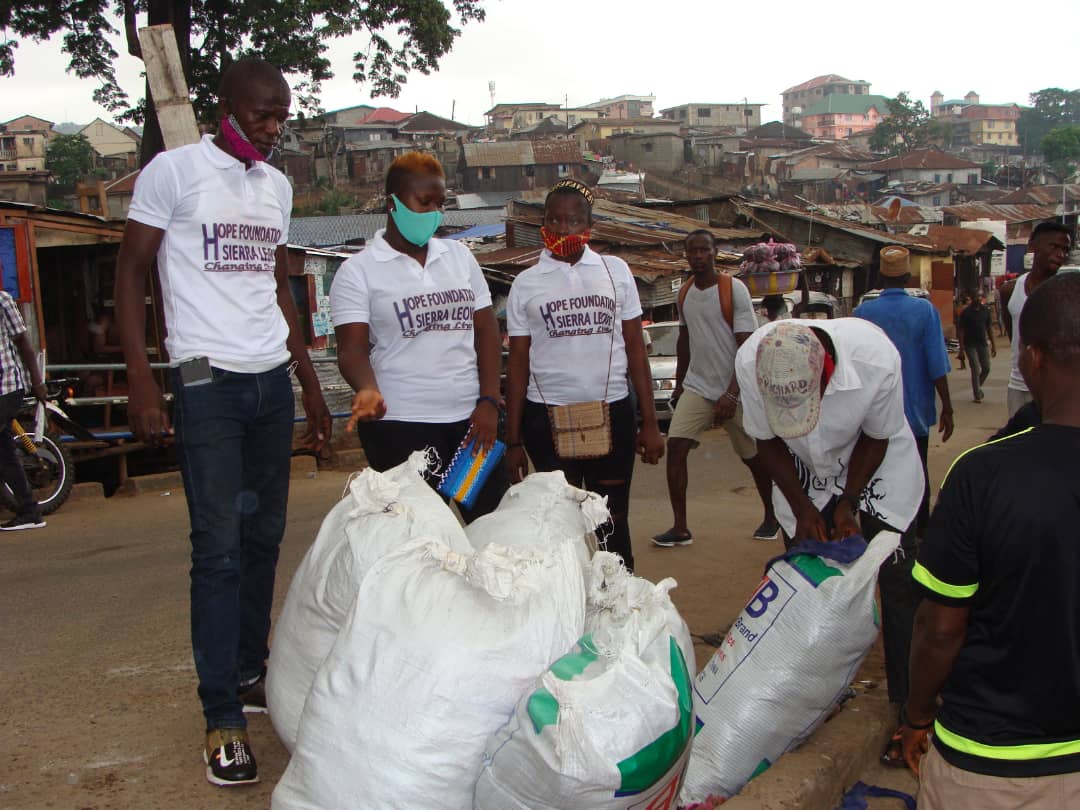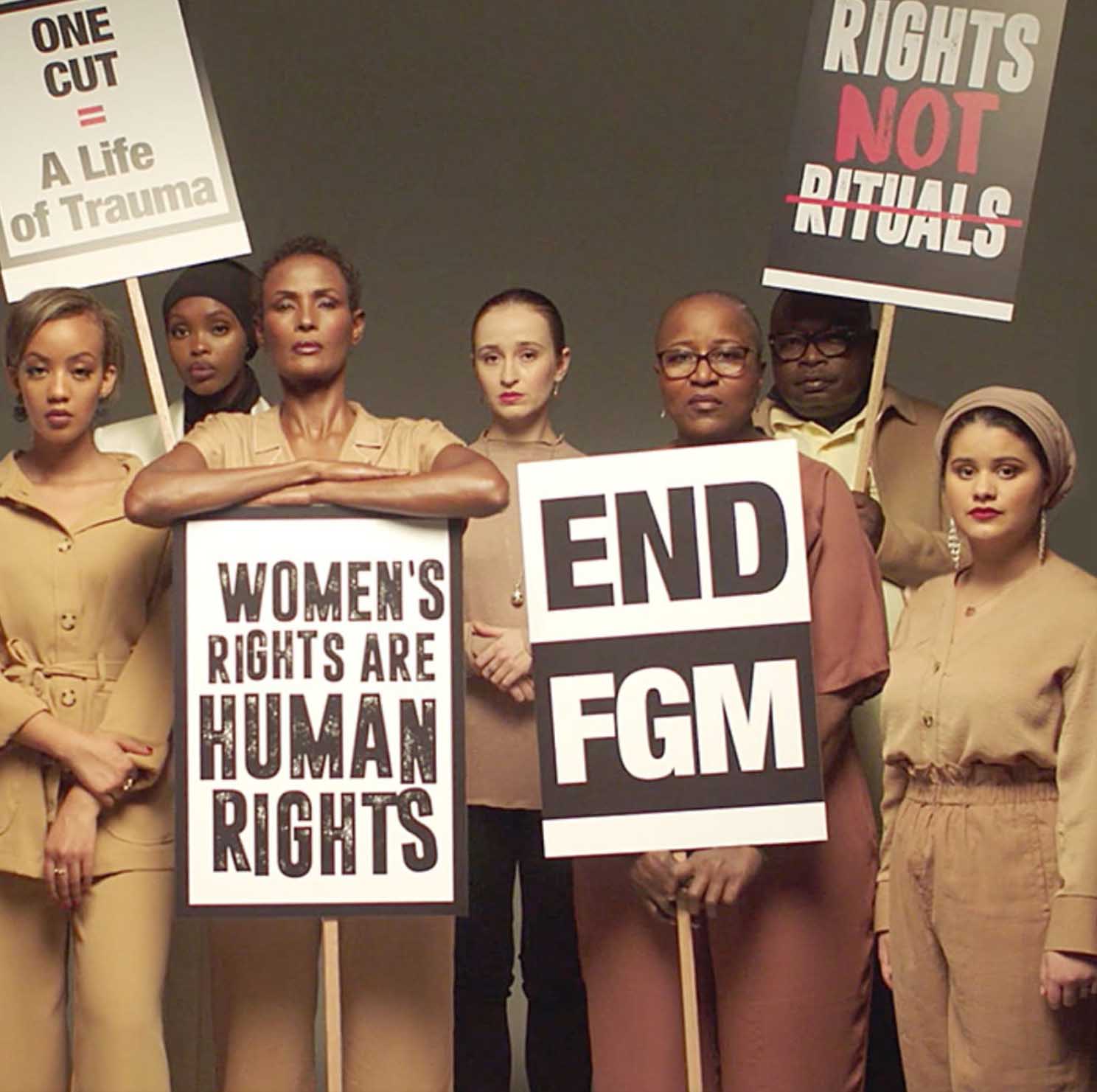Female Genital Mutilation: An obsolete practice that should be eroded
Female genital mutilation in all its ramifications is a crucial and terrible practice that involves forcefully cutting or altering the female genitalia for obviously non-medical reasons. It is an act that involves the forceful removal whether partially or entirely the external female genitalia otherwise known as the clitoris which for most of the time has the tendency to inflict severe pain and other health conditions on our young girls and women. This practice is seen to be deeply entrenched in social and cultural norms in many places of which Sierra Leone is not an exception.
This practice of getting rid of the clitoris – well most times with unsterilized blades or other sharp objects can eventually lead to short or long term medical complications like: chronic pain, infections, increased risk of HIV/AIDS transmission, infertility, anxiety and depression, birth complications and to some extent even death may occur. Internationally, this practice has been recognized as an extreme violation of the rights of women and girls. Goal Five (5) of the Sustainable Development Goals (SDGs) speaks largely to “gender equality”, which encompasses the empowerment of women and girls to take responsibility of their lives and bodies, and the United Nations is poised in curtailing harmful practices against women and girls by 2030.
According to the 2019 Demographic Health Survey in Sierra Leone, 83% of women and girls aged 15 to 49 have undergone FGM, a decrease from 90% in 2013. Female circumcision in Sierra Leone mostly occurs mostly between age 10 and age 14, when the girls can be easily forced without their consent. 71% of women age 15-49 had undergone FGM before age 15. Among women who have had FGM, 49% believe it is not a requirement of their religion and 34% believe it should not be continued. This percentage of women and girls who have undergone FGM tends to be higher in rural areas than in urban towns. This is because most rural communities are depleted with high level of illiteracy and poverty.
FGM in Sierra Leone will continue to grow if the practice continues at its current levels. Bridge to a Better Life is a non-governmental organization based in Sierra Leone that was established in 2013 to serve as a bridge to a better life of deprived children seeks to promote the abandonment of FGM through systematic and coordinated efforts by engaging communities so as to raise awareness on the negative implications of FGM with a focus on human rights and gender equality and bringing into context the sexual and reproductive health needs of women and girls who have suffered from its consequences
FGM
Objectives: Improved literacy levels from 20% to 70% by December 2030
Reduced mortality rates from 80% to 20%by December 2030
Outputs:
- Community sensitised on the dangers of FGM.
- Awareness on the dangers of FGM created.
- Dangers of FGM integrated into school education
- Role plays on the dangers of FGM conducted.
Activities:
- Community sensitisation against FGM
- Creating awareness on the dangers of FGM
- Integrate the dangers of FGM in the education system from primary
- Role plays on the dangers of FGM.



